- Home
- Woden's Day
Woden's Day - Myth & Mayhem
The way we name the days of the week in Europe reveals an intriguing cultural divide. While most of Europe uses names based on Roman gods, the British Isles and Scandinavia follow Nordic and Anglo Saxon traditions.
This difference may seem trivial, but it could explain underlying forces behind the expansionist tendencies of English-speaking cultures and their modern implications.
By examining ancient myths, particularly those of the Nordic pantheon, we can understand how these beliefs have influenced our societal behaviours, from historical empire-building to contemporary issues like environmental degradation and the way we search for energy solutions.
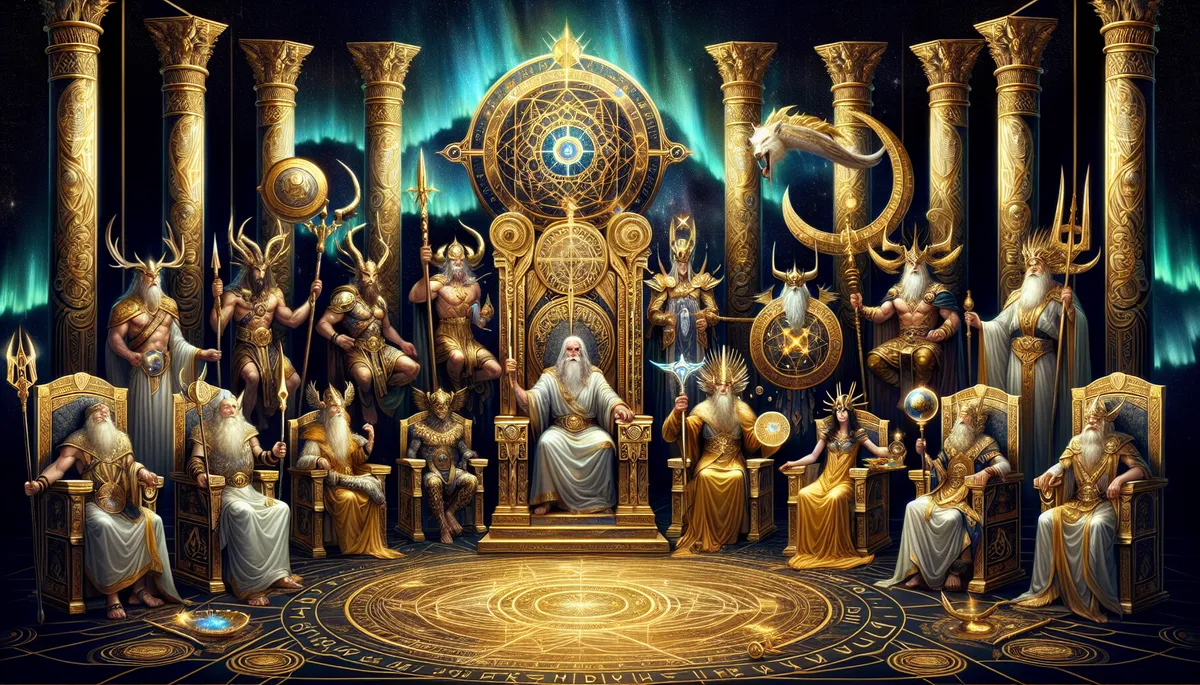
Naming of Days and Cultural Divide
Naming of days of the week in Europe reveals a divide between those of Scandinavia and the British Isles and most of the rest of Europe.
The majority of European names are based on Roman gods - like the French Mercredi for Mercury. Britain’s and Scandinavia on Nordic and Anglo Saxon ones. The English Wednesday or Woden's Day comes from Woden the equivalent of the supreme Nordic god Odin.
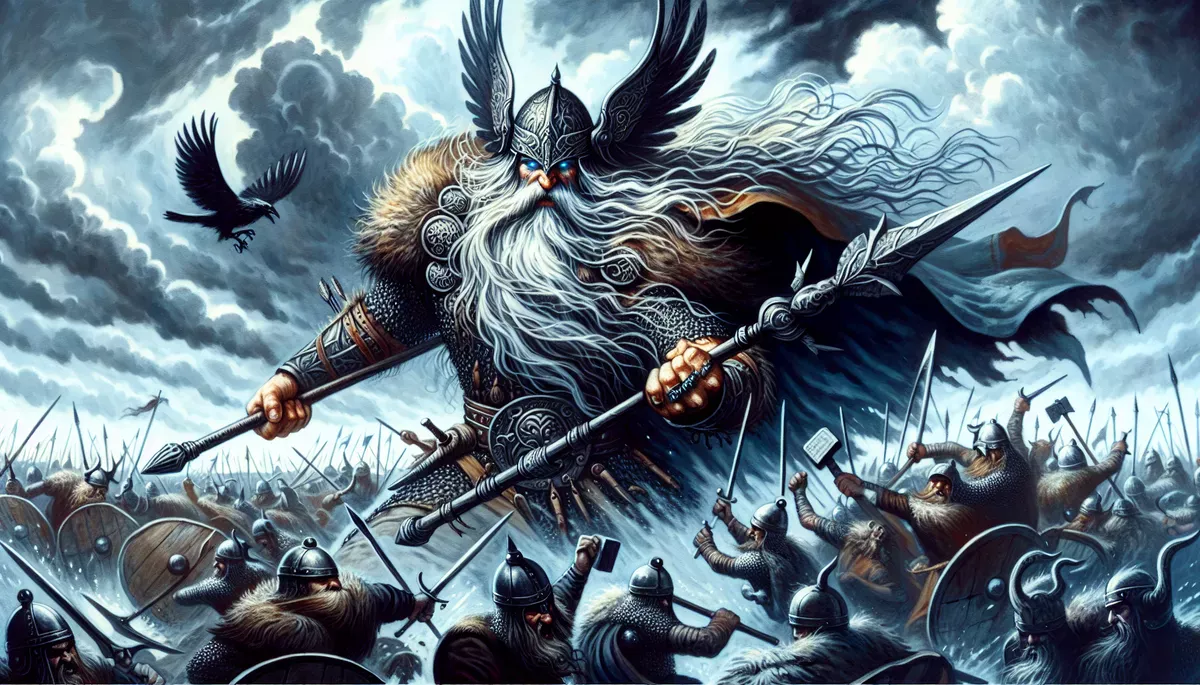
With the spread of the English culture, Anglo Saxon names of weekdays have currency around the world.
Introduction to Ancient Lore
With so much interest in the Marvel franchise dealing with the Nordic gods, our knowledge about these ancient myths has been enhanced. With some liberal reinterpretations.
The massive popularity of the huge budget Thor and related films underscores a deep-seated appeal to people even in modern times.
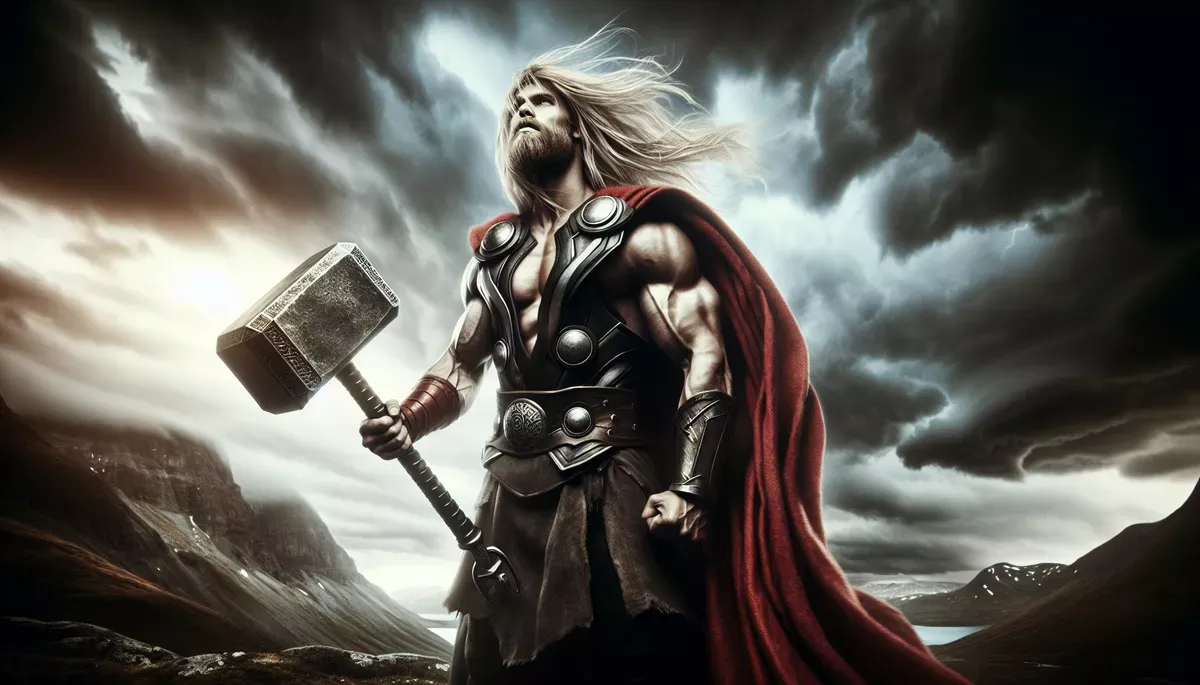
The more I have looked at this ancient lore, the more I see an explanation for the brutality and failings of our English-speaking expansion.
Comparison to Other Empires
Other European conquests were influenced by a similar mentality even though their weekday naming was different.
During these times, in our perceived wisdom, we were the font of all knowledge. We were beacons of civilization - all others were uncouth and savages.
Greek and Roman worlds held similar worldviews. Other groups were barbarians and second-class citizens, if citizens at all. Power struggles between various rulers in European and Middle Eastern kingdoms were continuous and vicious.
Even reading how Alexander the Great came to power reveals multiple assassinations and intrigue.
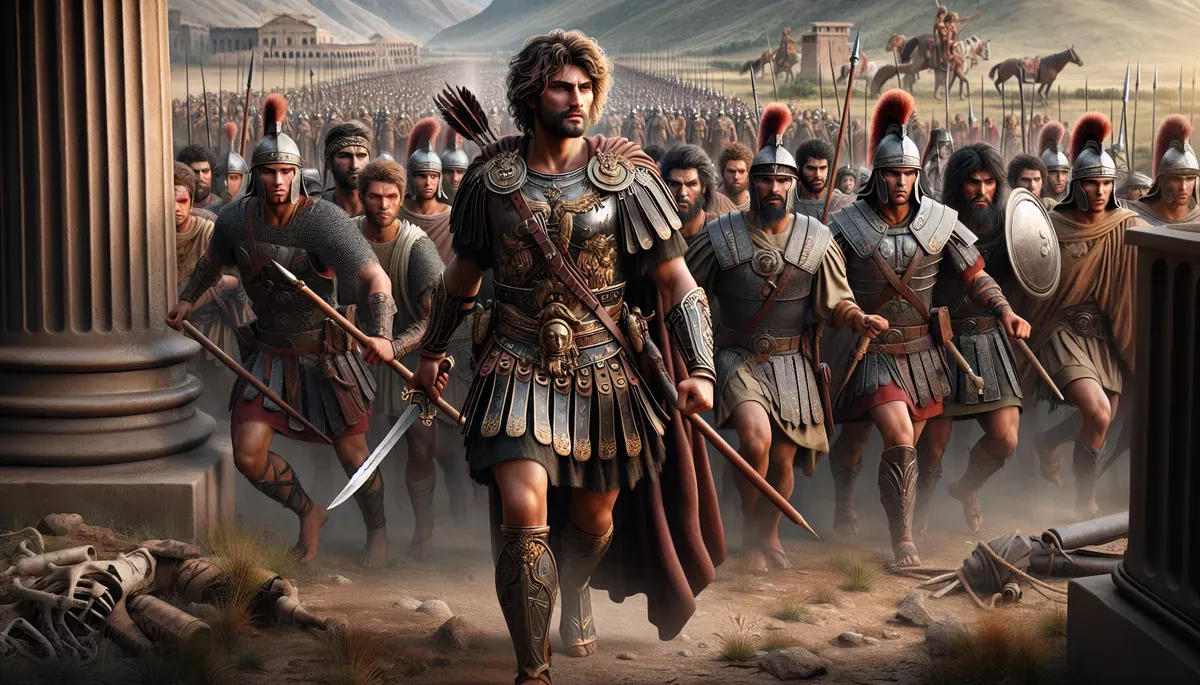
Impact of Christianity
For most of us today, we would consider the advent of Christianity with its founder’s radical ideas should have modified, softened, and changed these attitudes.
Yet as soon as the known world became aligned with the current power centres, it seems to have twisted.
Looking back today, people rightly see the evil created by empire expansion and Christianisation of greater areas of the globe.
How did this transition occur? Why was it so difficult to avoid? How much does it influence our current world? How many of our major problems today arise from this unrecognized background?
Influence of Anglo Saxon & Nordic Myths
The lore behind Woden’s day carries with it an ominous warning. One that seems even more inevitable as each day passes.
Not only that: it also explains even the way we look at alternative power options. That and our rush towards global warming. As well as the naysayers out there.
The timing of the origin of these myths also explains some of the differences between North and South philosophies and drivers.
Historical Context
26,000 to 20,000 years ago the last glacial maximum occurred. Ice covered Northern Europe to its greatest extent.
The period before this had a vastly different climate and sea levels.
Aboriginal arrival in Australia occurred in this pre-ice age timing. They migrated into a southern Australian wet period with lush vegetation. As the climate changed, they also were forced to adapt.
For Northern Europe, rapidly increasing ice coverage, temperature, and vegetation change would have produced large migrations of people seeking more liveable land.
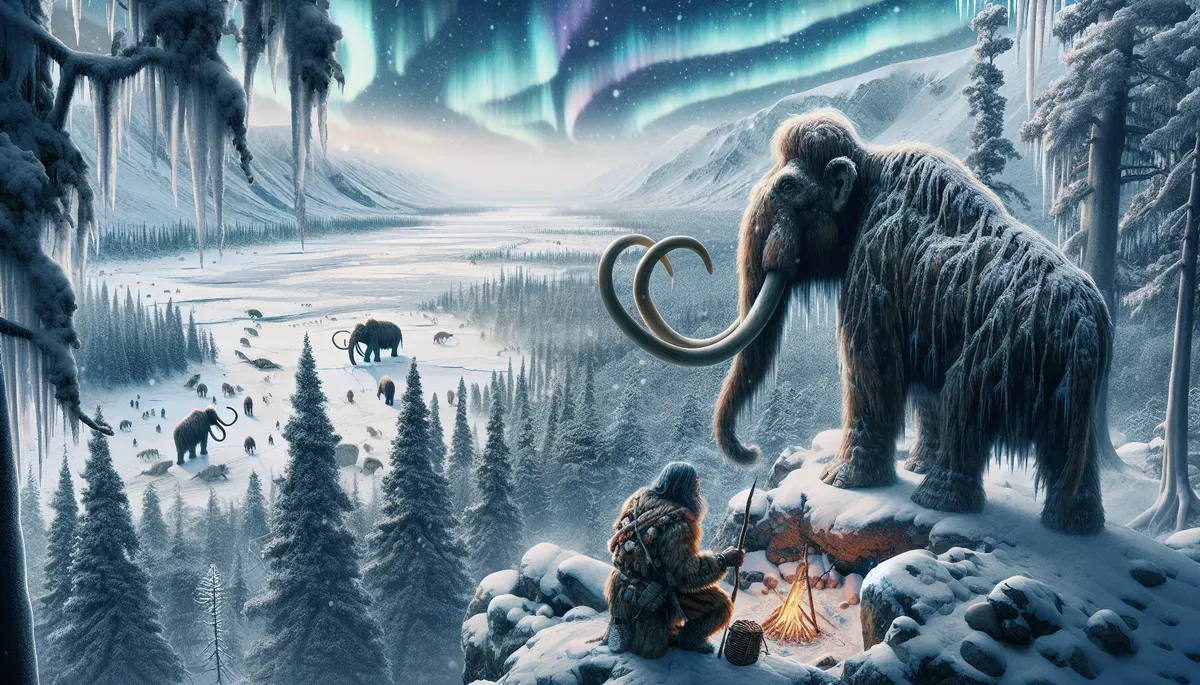
From such dramatic times a new lore could arise. One of gods who ruled the earth. Ideas like the discovery and stealing of the Rhine gold - the center of the Ring cycle.
In these myths, the gods were supreme. Wise, but scheming. Honoring warriors and battles. Death in warfare leading to paradise in Valhalla and related places.
All other beings were lesser types. Akin to barbarians and unenlightened.
Modern Implications
Conquering lesser peoples was necessary, expected, and even a reason for existence.
All these attributes are readily visible in Western empire expansion and colonisation. In fact, the same drives appear in all the ebbs and flows of conquest and defeat around the world.
It echoes in our business attitudes, local and country-wide administration and regulations. Even land and energy management.
How could these potent myths still influence us even into our current world and beyond?
Jung’s Archetypes and Collective Unconscious
In the early 20th century understanding our inner thinking became popular. Two dominant forces appeared. Those of Sigmund Freud and his junior, Carl Jung.
Jung’s analytical approach postulated archetypes and our collective unconscious that strongly influenced our behavior.
From his perspective, we can better understand how the ancient Nordic type myths could have continued to influence Western behavior and thought. And why later ideas we embraced did not result in a radical change of our ongoing actions, especially our collective ones.
Environmental and Societal Issues
Our ancient myths superiority ideas - we are gods after all - blinded us to other ideas, understandings, and cultures.
The more I read of the majority of the world’s cultures and understanding before Western influence arrived, the more I have become aware of how much more wise they were in local use of their land. They accepted themselves as part of nature - one with it and careful in existing in it.

Aboriginal people in Australia had a peaceful co-existence idea for other groups on their continent.
But we as gods came to exert our greater wisdom on lesser beings. We overrode, banned and distorted their ideas as savage and barbaric.
We considered that they poorly utilized their lands. Energy needed to be maximally extracted from every point. Whether it be gold, minerals, growing things, or environmental energy.
If we had been more open to local ideas, could our current existence have been less precarious?
Woden's Day Conclusions
As we look at conflicts all about us, environmental concerns, migrating people groups, local and central government anxieties, we seem at a tipping point.
Russia's invasion of Ukraine, huge civilian displacements in Palestinian territories, Sudan and wider, more polarising leaders pursuing more and more self-serving ends.
Increasingly devastating floods, storms and droughts affecting and testing a fragile energy and food supply infrastructure stretched with its centralised management.
If our choices could be adjusted maybe there would be a better way forward.
At the root of Woden’s day, northern European and Anglo-Saxon myth, is a sobering end game. It is embedded in Ragnarök and Götterdämmerung.
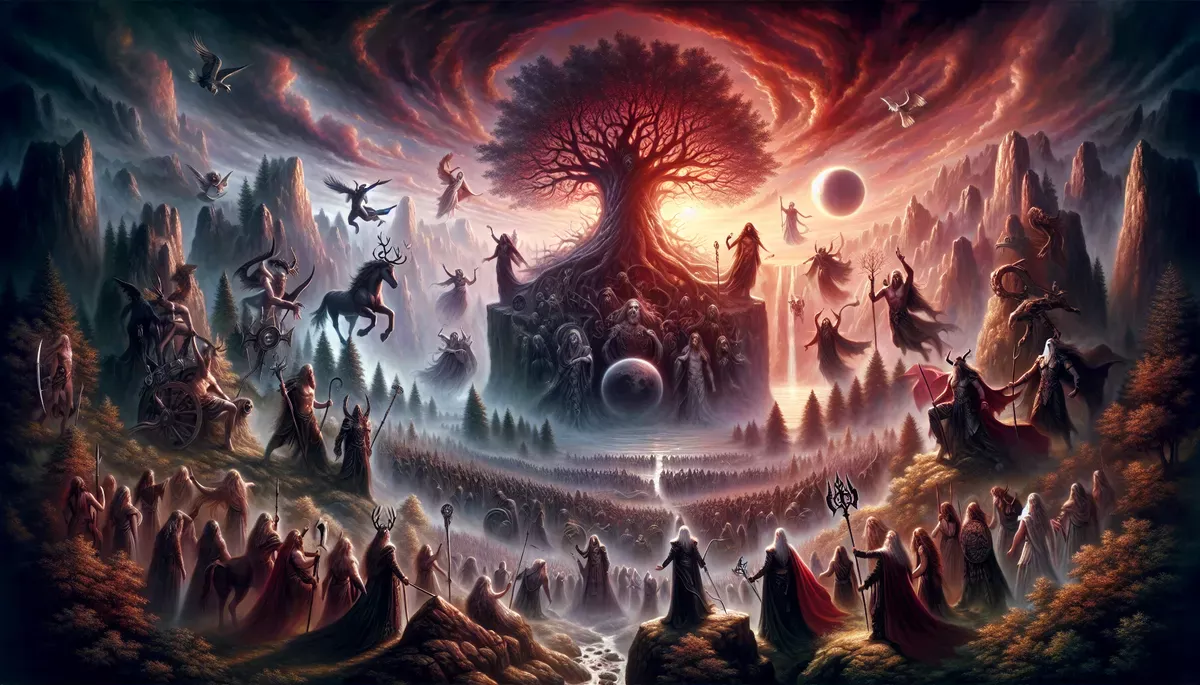
The Rhine gold is returned, the gods' home is destroyed and the gods die.
With the massive convergence of current world events, are we headed for our Ragnarök?
Or can we consider more deeply and create a better energy and collective future?
- Home
- Woden's Day
New! Comments
Have your say about what you just read! Leave me a comment in the box below.